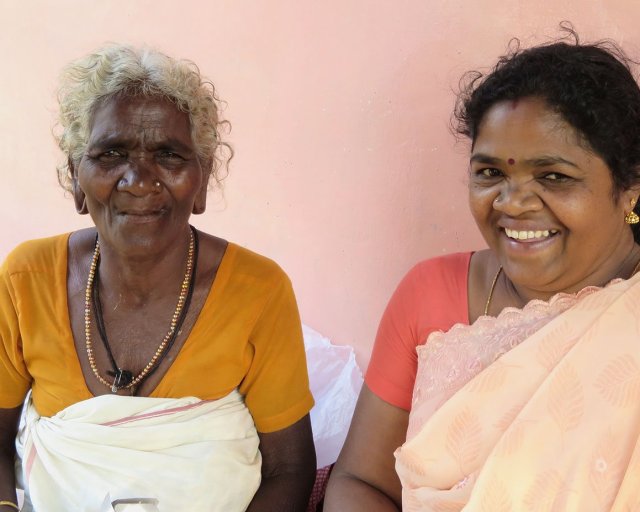The Ethnological Museum is one of the most informative and interesting storehouse for people who want to know about the Tribes of Kerala. The Museum is a part of the Kerala Institute for Research, Training and Development Studies of Scheduled Castes and Tribes (KIRTADS), and houses a large collection of artefacts, costumes, jewellery, household utensils, nets and traps, wood carvings, agricultural tools, musical instruments, and ceremonial paraphernalia of all the Tribal communities in Kerala. There are also displays of the various cultural features and backgrounds of each and every Tribe living in Kerala. Besides, there are the costumes of various performing arts and handicrafts made by the members of Schedules communities. Research and development work done by the government for the development of indigenous groups is also well documented. […]
The new Museum is spacious with exotic artefacts on display. […]
The Museum also displays renowned anthropological collections from neighbouring States. […]
The Ethnological Museum is dedicated to preserving and interpreting the rich and unique culture of the indigenous people. The Museum also offers information about related publications and tribal music. […]
Now the museum is a member in the National Consortium of Tribals.
Opened on all Government working days (Except on 2nd Saturdays) Time : 10.15 am to 5.15 pm.
Source: Ethnological Museum
Address: http://www.kirtads.kerala.gov.in/index.php?option=com_content&view=article&id=46&Itemid=54
Date Visited: Tue Apr 14 2015 12:38:35 GMT+0200 (CEST)

“The forest in Shanthi Teacher’s classroom” on Ruralindiaonline.org >>
More about Tribal elders & Women >>
Success stories >>
“National development and the development of tribal communities are linked to each other” – Droupadi Murmu | Learn more >>
“Tribal communities are a standing example of how women play a major role in preservation of eco historic cultural heritage in India.” – Mari Marcel Thekaekara (writer and Co-Founder of ACCORD-Nilgiris) | Learn more >>
“When you are leaving 60 percent of the people behind, you cannot have the ambition to be an economic power.” – Poonam Muttreja (Executive Director of the Population Foundation of India) >>
“Women and girls are disproportionately affected by modern slavery. As they transition through childhood, adolescence and adult life, the impacts of discrimination multiply and gender inequality grows.” – Walk Free Foundation | Learn more >>
“There is no social bias against women in tribal communities such as there exists among the middle castes, especially landed ones. Women can ask for a divorce, and in many communities, money is paid to the girl’s family at the time of marriage.” – Abhay Bang, the award-winning doctor and social activist from Gadchiroli in Maharashtra | Learn more >>
“National development and the development of tribal communities are linked to each other.” – Droupadi Murmu
Speeches by the 15th President of India >>
Indian tribal cultural heritage: museum collections, eBooks, maps & more
Anthropological Survey | Anthropology
Books on tribal culture and related resources
Crafts and visual arts | Homes and utensils Crafts and visual arts | Masks
Cultural heritage | Revival of traditions
Dress and ornaments | Fashion | Tattoo
eBook | Background guide for education
eBook | Free catalogue: Banam: One of the ancient musical instruments of the Santals – West Bengal
eBook | Free catalogue: Museum of Santal Culture (Bishnubati) – West Bengal
Games and leisure time | Martial arts
India’s 28 States and 8 Union Territories – From Andhra Pradesh to West Bengal
Tribal customs, homes and ornaments in South India: Videos and photographs by Vicky Lakshmanan